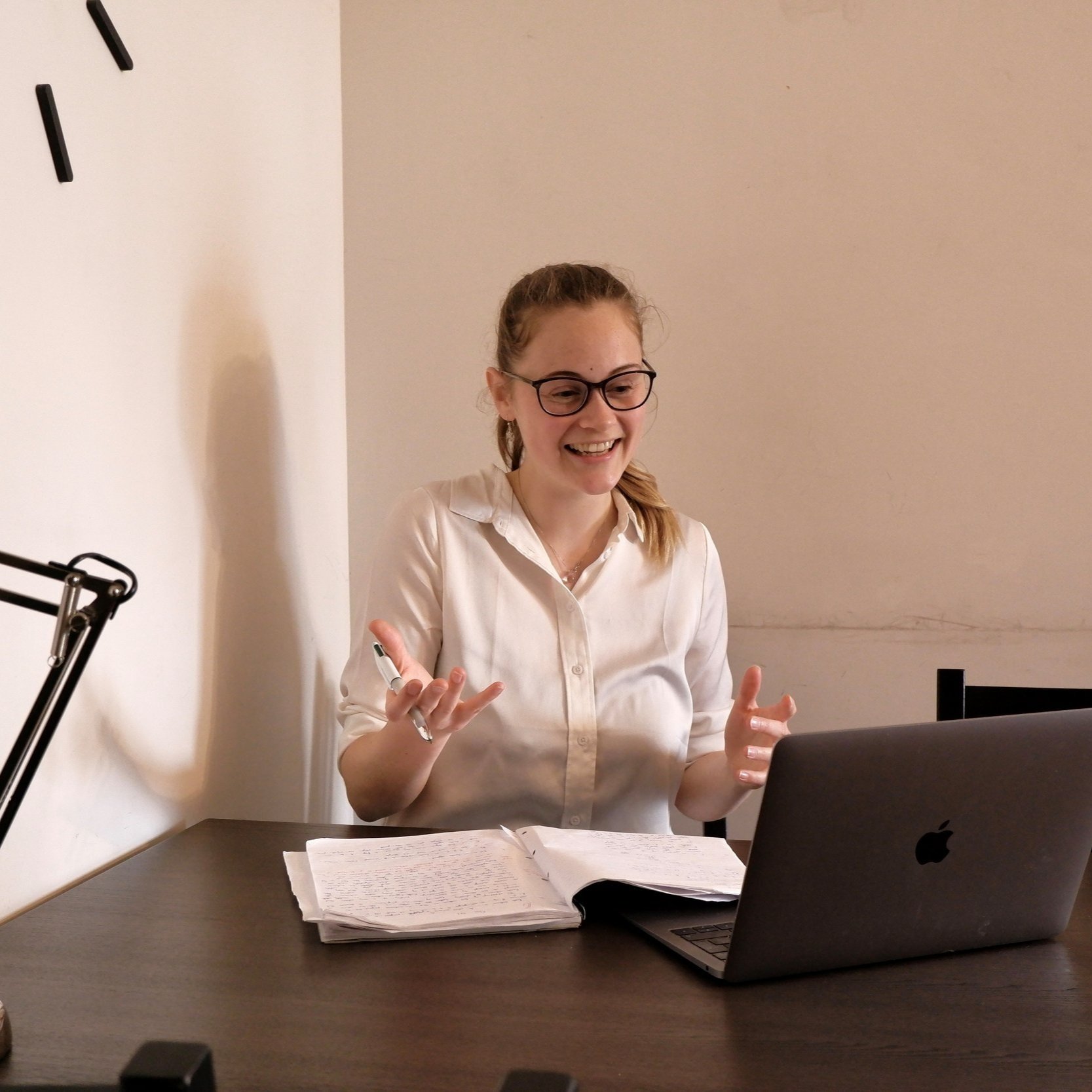Human Sciences - Oxford Graduate Interview
What course did you study and when?
I studied Human Sciences at Wadham College, Oxford for three years from 2019 to 2022. Weirdly, I have actually graduated in absentia (I couldn’t attend the degree ceremony) in August 2022 because I was already on a voluntary teaching programme in Bali!
Can you briefly summarise the Human Sciences in a couple of sentences?
The Human Sciences is a hugely interdisciplinary degree, combining biological and social sciences to address questions relating to human life. Over my three years, I studied a huge range of topics, ranging from social-sciences such as Sociology and Anthropology through to biological topics like Genetics, as well as the mathematical rigor of Statistics.
What job opportunities and potential careers do the Human Sciences open up?
Unlike some other degrees, studying the Human Sciences does not lead into a particular career. However, this degree equips you with a wide range of skills and knowledge in different disciplines, opening up loads of opportunities. I’ve met Human Scientists who went on to study graduate Medicine, work in Public Health, Medical Communications, Finance, the Civil Service, Charities, Consulting, and Teaching. I am working with Renewed Learning at the moment as a tutor, and applying for a Master’s in Medical Anthropology so I can pursue further research, probably in student mental health.
Why did you choose that course at Oxford?
It was quite a serendipitous decision for me! Someone mentioned the Human Sciences to me, and I was instantly interested – it sounded like a perfect way to combine my skills in natural sciences with my interest in other disciplines. Oxford is actually one of very few universities that offers this course. As I researched the course, I became really excited to study alongside the brilliant academics whose books and articles I was reading.
What was the application process like?
I applied to the Human Sciences at Oxford on UCAS at the same time as other courses in Anthropology. We had to write a personal statement explaining why we want to study the courses we are applying for. This took me a long time and plenty of feedback from family and teachers to get right! I initially had a personal statement that resembled more of an abridged life story than a personal academic statement. I then had to do the Thinking Skills Assessment (TSA) test which involved verbal reasoning questions and essay writing. Finally, I heard back from Oxford that I was being called for an interview! I was so excited and nervous! I went to Oxford for three nights and attended two interviews at different colleges, where I was asked questions about my personal statement, my approach to science as well as questions to determine how I interpret graphical information. It was very difficult to tell how either interview went, and it was a great feeling when I received an offer to study the Human Sciences, conditional on me achieving 38 points in the IB.
How did you prepare for that process?
I thought a lot about what courses I wanted to study; I talked to many different people, researched online and read widely. One of my teachers was especially helpful in the process as he had studied anthropology at university and so he gave me an insight into the social sciences and pointed me in the right direction for some reading. I also asked him to give me a mock interview and this was an invaluable experience. As for the TSA, I practised past paper questions fairly regularly. I found one of the most important skills that helped me through the application process was debating! It greatly increased my confidence, creativity and ability to express my ideas effectively, preparing me well for the TSA and interviews.
How about your life at Oxford more generally – what societies and other opportunities did you get involved with?
Ah there is so much to get involved with! In my final year alone, I regularly played netball for my college, went to salsa classes, went wild-swimming in the river, and I helped organise the annual Human Sciences Symposium (this year on Happiness and available on Youtube!). The real problem you find at Oxford is that there is too much to try and too little time! The career opportunities are also really good – I did a micro-internship with Enterprising Oxford, two research assistant jobs and I worked on a summer school at my college.
What were the biggest challenges you faced while at university? How did you overcome them?
The biggest challenges I faced were actually non-academic: settling-in to a new place, learning adult skills about how to look after myself, making friends.... I realised I needed to give myself time to do all these things, rather than working ridiculously long hours. That’s the other big challenge I faced – avoiding perfectionism and learning how to try my best without compromising my wellbeing.
What advice would you give someone who is thinking about applying to Oxford, or to your course specifically?
You should only apply to Oxford if you really love the course you are applying for. You will have to work hard and potentially for longer hours than at other universities, and you will enjoy your time a whole lot more if you like your subject. For potential future Human Scientists, I’d advise reading books in disciplines you haven’t come across in school - practise getting to grips with new concepts and be curious!
What is the one thing you wish you knew when you were applying to universities?
You don’t have to know what career you want to go into to pick your degree. Most degrees equip you with many transferable skills, and things you do outside of your degree can often be a lot more important to job applications.
Do you have more questions about Human Sciences, or any other University Courses? Get in touch! We’re always delighted to chat:



